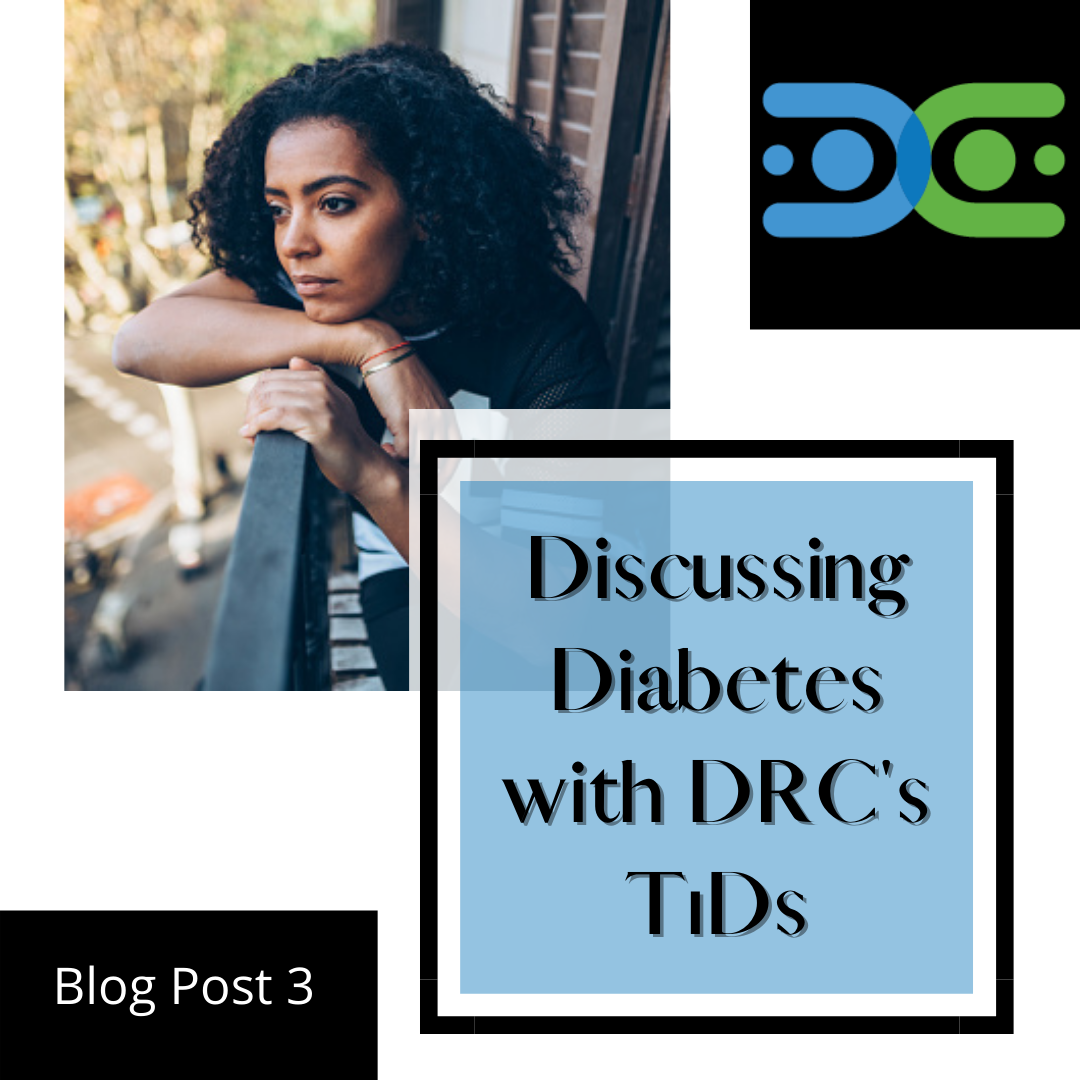When I responded to the article, “10 Ways the Pandemic Parallels “Normal” Chronic Illness Life,” it mentioned “bleak burnout,” which I stated that I resonated with. This week, I decided to delve deeper into that topic after reading the article “Diabetes Burnout” written by Mark Heyman, Ph.D., CDE, for the Beyond Type 1 organization.
Mark describes “Diabetes Burnout” as being “a state in which someone with diabetes grows tired of managing their condition, and then simply ignores it for a period of time, or worse, forever.“ It wasn’t a question about “if” I was going to experience it, but “when.” I had little bouts of it since being diagnosed with T1D at the age of 7, but nothing was as bad as when I hit senior year in high school, and I wasn’t just done with diabetes – I was done with my body and the lack of control I had with it. Mark mentions that a trigger for diabetes burnout can be “feeling controlled by diabetes,” and I absolutely did feel that. I didn’t want to think about changing my pump site. I didn’t want to worry about testing my blood sugar before every meal, in the middle of the night, or when I was feeling “off.” I didn’t want another lecture from my parents about a lousy A1C and the damage I was doing to my body. I didn’t want to be a diabetic.
I decided to ween myself off insulin at the beginning of senior year. After a month, I had lost up to 10 pounds. By Christmas, I was down 40 pounds and happier than I had been in a long time. I had no idea where my test kit was, and I didn’t care. Don’t get me wrong – I was in excruciating pain. I threw up and peed all the time. I lost feeling in my limbs for days and sometimes wasn’t sure I would get the feeling back. I had constant heartburn, headaches, and severe nausea. You are probably wondering how my parents reacted? There was nothing they could do. One time, my mom was out of town, and I skipped school because I was so high blood sugar, I needed to sleep it off. I slept for 12 hours and had 30 missed calls from my parents. I woke up to my dad giving me an insulin shot. He drove two hours because he was afraid I had died (I am sorry to all the parents out there that have experienced this fear. It took me a long time after dealing with this burnout to understand the pain I put my parents through; I still feel guilt today). By March, I had lost 60 pounds and was forced by my school’s counselor to go on a month-long leave of absence to take care of my health. It was at this time that I realized – diabetes still had control over me. No matter how much I wanted to feel “normal,” I wasn’t. I had type one diabetes, and I was letting it kick my butt.
At the end of Mark’s article, he gives several helpful tips on overcoming this burnout; “Managing Your Expectations,” “Take Small Steps,” and my favorite, “Get Support.” After finally deciding to take care of myself, I sought comfort in the diabetic community I was closest to. I went to the camp I had been to for many years, Camp Conrad Chinnock, and worked all summer as a staff member. I was continually being reminded why my health was so important and having an open-ear to speak to when things became too much. No one shamed me for what I had done, but they reminded me of why my health is so important. If you or a loved one are experiencing diabetic burnout, talk to someone. I would probably have continued to disregard my health had I not surrounded myself with others in my position and been as open and honest about my feelings and doubts. I still deal with burnout, but I don’t let myself spiral. Finding DRC was kismet for me. I have never taken better care of my health, and I am so thankful to be a part of an organization that is continuously striving to fund research projects for a cure. Until we have a cure, make sure to check out all of Beyond Type 1’s resources, as they offer a plethora of tips, tricks, and suggestions that are extremely useful for anything a T1D might need.
This blog was written by Hannah Gebauer, DRC’s Development Assistant, who has had T1D for 17 years and is responding to the article, “Diabetes Burnout.”





